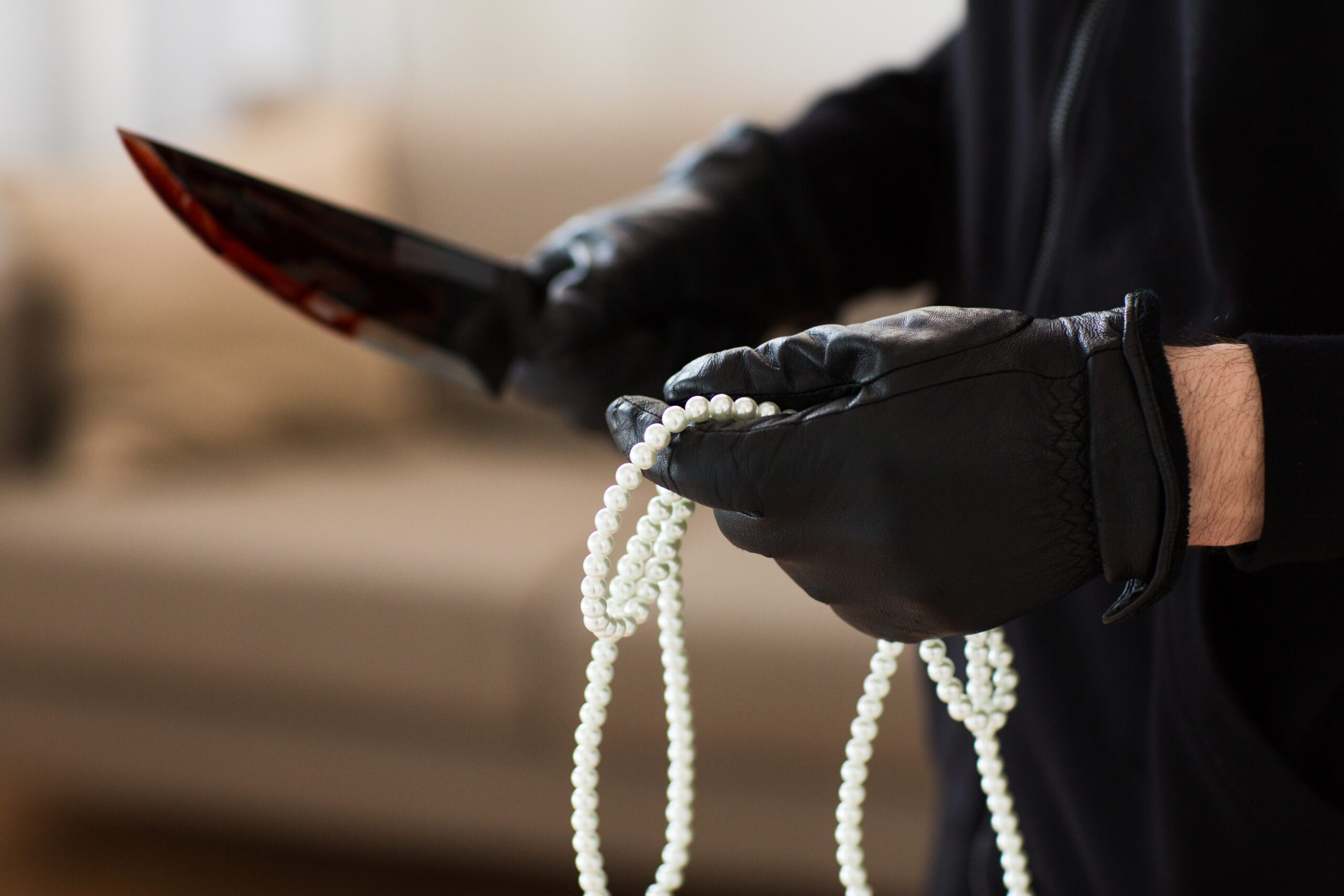What Charges Can You Face for Manslaughter?
Manslaughter is a homicide charge in which someone is accused of killing another person without malicious intent. In simple terms, being charged with manslaughter means your actions caused someone’s death, even if you did not intend to kill them. This charge is less serious than murder because it does not involve premeditation but can still result in years of prison time.
Understanding the varieties of manslaughter charges and the potential penalties you could face is vital if you’ve been arrested for this crime in Florida. The state’s statutes regarding manslaughter are complex, and knowing when you could be facing a first, second, or third-degree felony charge can quickly become confusing. Trusted counsel for driving under the influence can explain what you need to know about manslaughter. Contact our office today for the knowledgeable legal counsel you need.
What Are the Categories of Manslaughter in Florida?
Technically, Florida does not have first and second-degree manslaughter charges. However, you can be charged with a first or second-degree felony based on the category of your manslaughter charges and if there are any aggravating factors.
Voluntary or Involuntary Manslaughter
Some states clearly differentiate between an unpremeditated killing that was purely unintentional and one where the accused intended to harm the victim. These crimes are known as involuntary and voluntary manslaughter, respectively. A crime of passion where a person becomes enraged and makes a split-second decision to stab someone could be an example of voluntary manslaughter. The defendant intended to hurt or kill the victim in the moment, but it was not a planned action and was the result of a strong emotion. Involuntary manslaughter covers most accidents where a person acted negligently or recklessly and caused a death but had no intent to do so.

Under Florida statutes, there is no legal differentiation between involuntary and voluntary manslaughter, and both are charged as a second-degree felony. However, in court, the judge or jury will likely take all circumstances of the homicide into consideration. Cases involving involuntary manslaughter often result in lower penalties than voluntary manslaughter cases. The maximum penalties for a second-degree felony are 15 years in prison, up to 15 years of probation, and a fine of $10,000.
Vehicular or Vessel Homicide
This type of manslaughter charge may be applied if an individual engages in the reckless operation of a motor vehicle or a boat in Florida, including driving under the influence of drugs or alcohol (DUI), and it results in the death of another person or unborn child. Vehicular or vessel homicide is a second-degree felony, punishable by up to 15 years in prison and a $10,000 fine. Additionally, state statutes allow the court to sentence the person to serve 120 hours of community service in a hospital or trauma center that frequently treats victims of car accidents.
The charges for vehicular or vessel homicide can be increased to a first-degree felony if both of the following are true:
- The defendant knew or should have known they were involved in an accident.
- The defendant failed to render aid, seek medical assistance for victims, or inform necessary authorities of the accident.
Aggravated Manslaughter
Aggravating factors are circumstances in the case that can result in an enhanced charge. Aggravated manslaughter is a first-degree felony, and the potential prison time for a conviction increases dramatically to up to 30 years.

You could be charged with aggravated manslaughter if the victim was any of the following:
- A police officer, firefighter, emergency medical technician (EMT), or paramedic who was on the job at the time of the incident.
- An elderly or disabled individual.
- A child under the age of 18.
Other situations that could result in aggravated manslaughter charges include using a firearm or other deadly weapon in the commission of the crime and having a history of violent crimes.
Other Varieties of Manslaughter
Florida statutes specify three other types of manslaughter charges:
- Assisting self-murder: If an individual knowingly and deliberately helps another person to commit suicide, they can face second-degree felony charges.
- Commercial exploitation of self-murder: If a person or venue conducts an event where they are or should be aware that an individual will engage in an actual self-murder, they can be charged with a third-degree felony, which can be punished by up to five years in prison.
- Unnecessary killing to prevent an unlawful act: It is legal in Florida to take actions to protect yourself from harm if you believe your life or the lives of those around you are in imminent danger, such as shooting a person who is attacking you in your home. However, if you unnecessarily kill someone, even if they are committing or have tried to commit a felony or other unlawful act, you could be charged with a second-degree felony for manslaughter.
How Can a Criminal Defense Lawyer Help?
A manslaughter charge is extremely serious. Even if you didn’t intend to kill anyone and do not pose a danger to others, you could face first or second-degree felony charges.
Though the penalties are not as severe as they are for capital murder, they still usually include prison time and hefty fines. A skilled criminal defense attorney can evaluate your case and determine the optimal legal strategies to get your charges reduced or dismissed. However, time is of the essence because manslaughter cases can progress rapidly, and crucial evidence can be lost, forgotten, or destroyed.

If you or a loved one are facing manslaughter charges or are the subject of a manslaughter investigation, you should seek immediate legal representation. Call George Reres Law, P.A. today at 954-543-1186 to discuss your case and defense options.

 954-543-1186
954-543-1186
 Call Us Now
Call Us Now


